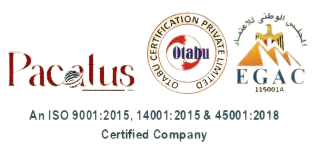Crosshole Share Wave Test
The Crosshole Share Wave Test (CSWT) is a non-destructive geophysical method used to evaluate the integrity and quality of the subsurface in various engineering and construction projects. It provides valuable insights into the properties of soil and rock formations, aiding in the assessment of potential risks and challenges.
During a CSWT, seismic waves are generated in one borehole and recorded by receivers in another borehole. The waves travel through the subsurface and undergo changes in velocity and amplitude, revealing critical information about the materials’ composition and structural characteristics.
This test offers several advantages over other geophysical techniques. Firstly, it provides high-resolution data, enabling engineers to visualize and interpret the subsurface condition with greater accuracy. Secondly, the CSWT can assess the entire depth profile between boreholes, giving a comprehensive overview of subsurface variations.
Applications of CSWT include the evaluation of foundation stability, detection of voids or anomalies in underground structures, and assessing the potential for liquefaction during seismic events. It is particularly useful in projects involving bridges, dams, tunnels, and high-rise buildings.
In conclusion, the Crosshole Share Wave Test is a powerful tool for geotechnical investigations. By harnessing the principles of seismic wave propagation, engineers and geologists can make informed decisions and mitigate risks associated with subsurface complexities.

